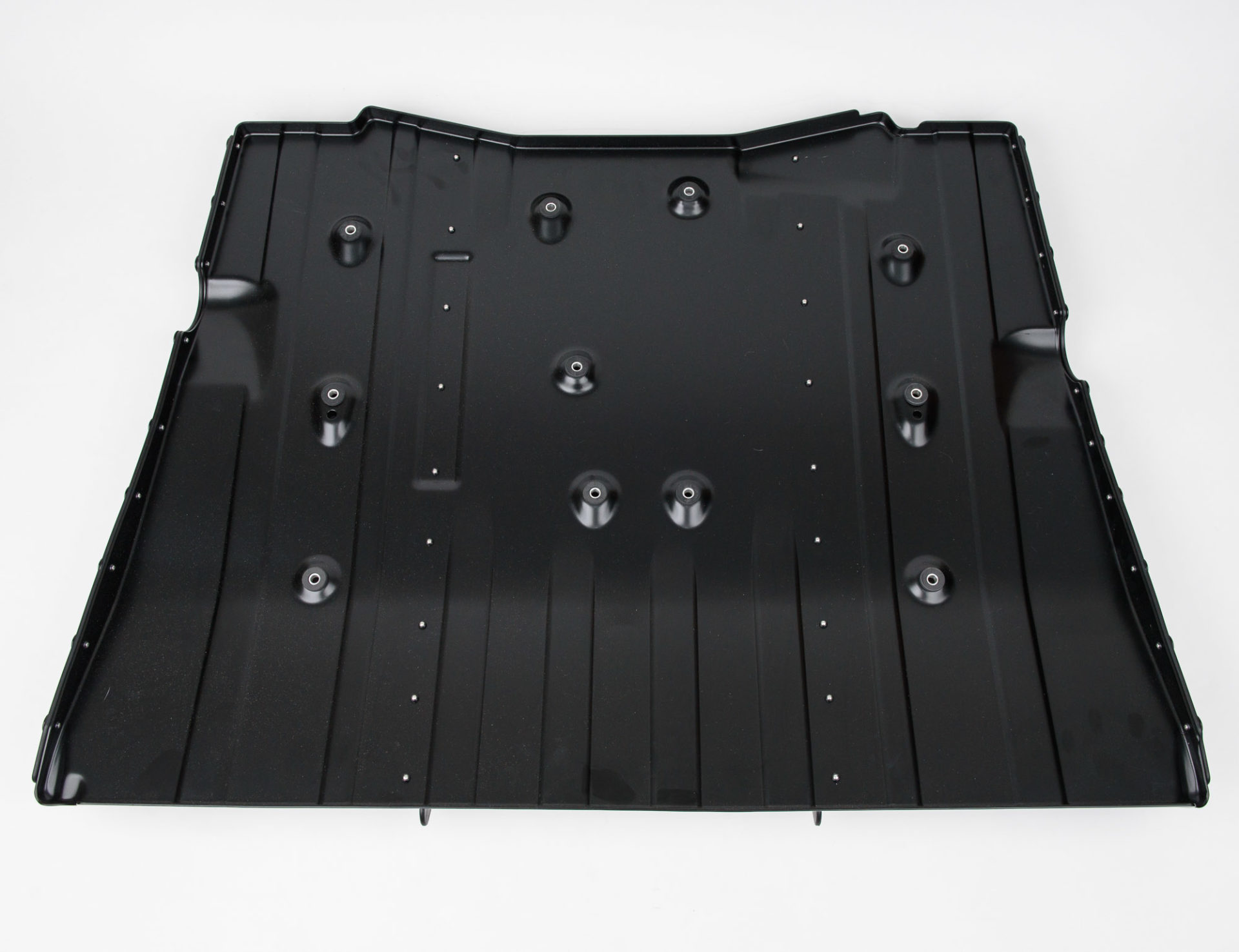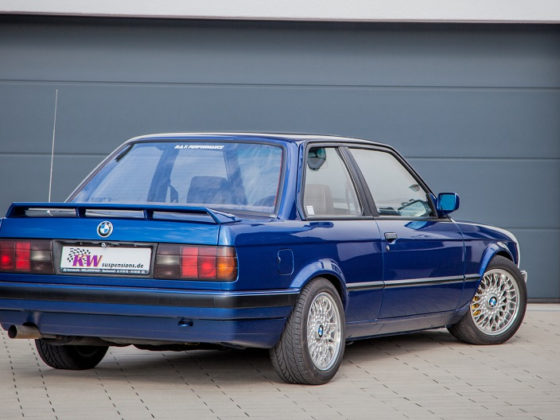,

We were going to cut a matching hole for the dry sump pan in the 911R diffuser which would have messed up its effectiveness. However, the engine has a pretty effective water to oil cooler, and it’s a dry sump so not much oil is in there anyway.

One of our friends that has a 991.1 GT3 has added the 911R rear diffuser 18 months ago and has done numerous track days with no heating issues. Also, when we looked at a brand new 991.2 GT3s, we noticed that it did not have a hole either in its pan, so we decided to install the 911R diffuser as is with no hole.

As you can see the 911R diffuser is much bigger and covers more of the car’s bottom. The outer strakes cant outward to improve the diffusion ratio, making it more effective.







11 comments
Hi, really love this clean and simple mod, but I’d like to add some technical clarification on one point.
In response to: “We think that since the 911R has no rear wing, Porsche added a rear diffuser as a low key sleeper way to make up some of the lost downforce that the RS’s rear wing provides.” Diffusers increase *front* downforce bias (counterintuitive because its a rear-mounted aero device, I know. This used to confuse me for years), by further increasing air velocity underneath the whole car, but especially towards the nose where there is a sort of “suction peak,” or point of minimized pressure and maximized velocity. The airflow is actually *increasing* pressure (slowing down) as it passes the diffuser itself, at the rear of the car. If you look at pressure distributions across an (upside-down) airplane wing, you’ll see this same “suction peak” at about 30-40% of the way down the length of the airfoil, and then the pressure steadily increases towards the back. Race cars with flat floors can be like this. The father of the Porsche 958 spoke about discovering this in an interview with Chris Harris several years back.
This is the first time commenting on one of your articles, Mr.Kojima, but I’ve been a fan for years! Thanks for reading!
Your assumptions seem correct but that’s not how cars work. Aerodynamics are not intuitive. A car with a diffuser isn’t simply an upside-down airplane wing. You are forgetting ground effects and the moving ground plane. If you look at published wind tunnel studies of race cars you can see that changing the diffuser and or the rake of does affect downforce toward the rear of the car, sometimes reducing the front down force.
Porsche 956* Doh!
Thank you for great post!!
I have 991 GT3, and keep considering to install this diffuser or not.
Mr. Kojima, do you think this will be only positive results?
According to suncoast “consult a race specialist to ensure aerodynamics are balanced for high speed or race applications”
I’m just concerning, if current GT3’s aerodynamic design is enough, I don’t need to add this.
Please advise.
This diffuser is STD equipment on the 991.2 GT3 and GT3RS.
Do you happen to have the part number for the “R” diffuser?
No but the rear diffuser on the 991.2 GT3 is the exact same part.
99150425794
Part number for R diffuser
As a follow up to Koo’s question on a .1 GT3 and Mike’s response. The .2 comes standard with the rear diffuser, but it also has different front inlets and front diffuser that according to Porsche creates more front downforce, hence the need for the changed diffuser and slightly elevated wing. So question remains, will adding the diffuser to a .1 GT3 negatively impact the balance of the car on the track from what Porsche intended?
The RS has a lot more downforce in the front than a GT3.
It seems that diffuser is attached to hangers/frame in those pictures and frame again into engine block (??) or where (. There seems to be attachment point also in 997.2 block (?). Do you have Porsche part number for those frames and can you give maybe the measurement of the frame upper part holes i.e how much attachment holes for bolts are apart